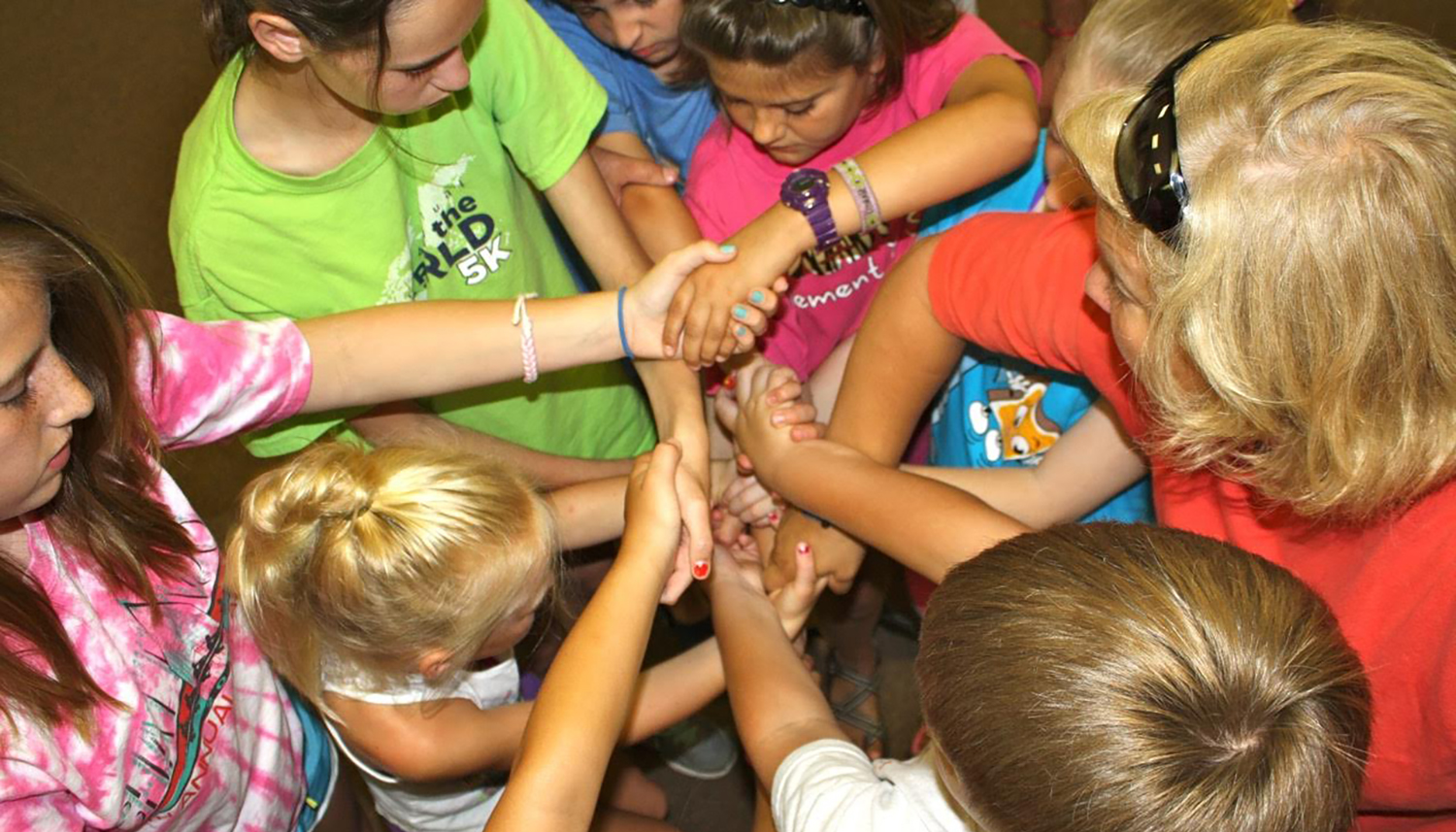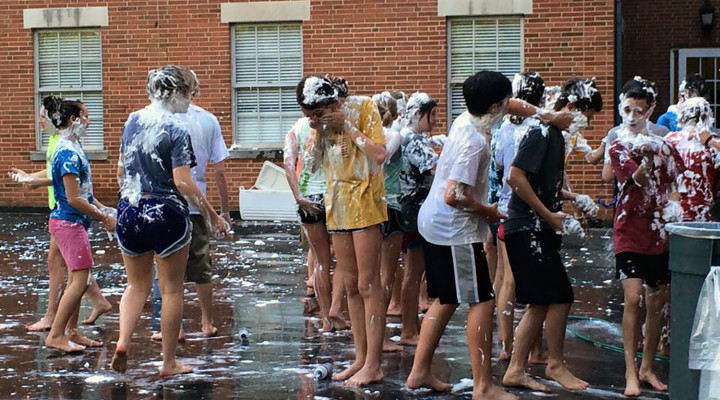Nearly six in 10 Millennials who grow up in churches leave to join the growing ranks of Americans with no religious affiliation, new research shows.
That spells confusing and scary times not only for congregations worried about their futures, but also for ministers who work with children and youth.
“Those are scary stats for a guy who has probably 25 years of ministry left before retirement,” said John Uldrick, minister of students and missions at First Baptist Church in Rome, Ga.
Those and other bracing numbers were presented recently by the Barna Group in a study titled “The Priorities, Challenges, and Trends in Youth Ministry.”
‘Not reaching sufficient depth’
The fact that Millennials, those Americans roughly in their 20s and 30s, are leaving organized religion has been made clear in an avalanche of books, surveys and articles for a decade or two.
The Barna study takes a look at how those trends are influenced, or not influenced, by ministry efforts to engage young people throughout their lives in congregations. And that means taking a hard look at youth ministry.

Traditional youth group activities are considered valuable by ministers and churches in the Barna study. (Photo/FBC Rome)
“The most unchurched Americans are Millennials, so it comes as no surprise that youth ministry is a priority for many churches,” the study said.
The study also examined the value of immersive programs. Among them, youth mission trips were deemed most important, followed by overnight retreats, weeklong camps, family mission trips and conferences and other large events.
Whatever the particular activity, the Barna study noted that the pressure is on church leaders to be intentional in trying to connect programs to outcomes — i.e. retaining youth once they become adults.
That Millennials “continue to leave the church — in larger numbers than ever before — when they reach adulthood, suggests a need to either revise current approaches or double-down on efforts to equip and prepare today’s youth,” the study reported.
The study also suggests that underlying factors outside of mission trips and other activities are influencing Millennials’ exit from the church.
It indicates “that relationships and engagement in church are not reaching sufficient depth,” Barna said. “Youth leaders are right to prioritize discipleship and relationship building.”

Efforts to engage children and youth come from a variety of activities and approaches to discipleship — some serious and some fun. (Photo/FBC Rome)
‘A safe place for them’
Uldrick agrees that has to be the priority for in youth ministry. But the challenge is that children and youth, along with their parents, often don’t spend a lot of time in church — whether on Sunday mornings or throughout the week — anymore.
Uldrick said he grew up in a smaller town where that wasn’t case.
“Church was just part of the social fabric,” he said. “When I wanted to hang out with my friends, it meant I was going to church.”
That’s definitely not the case anymore.
“Today there are just so many choices,” he said.
Those choices include frequent vacations and weekend sports leagues.
“Sundays are not sacred,” Uldrick said.
With so many youth spending time away from their congregations, the relationships with other members — youth and adults other than their parents — are not developing, he said.
“The youth who have stayed engaged have had … mentors from all ages,” Uldrick said.
Those who have stayed also share another commonality: they found church to be a place where they could ask difficult questions without being judged or punished, he said.
“It was a safe place for them,” he said.
In those settings, church and youth group become places where they could let loose and fun and also be spiritually formed.

Fun and games are still considered vital for youth groups, but minister also must ensure children and youth are developing authentic relationships within congregations. (Photo/FBC Rome)
“It wasn’t just an entertainment show for them – they were truly engaged and challenged,” Uldrick said.
All of those factors are way to increase long-term engagement as youth grow into adults, he added.
What Uldrick said he finds unsettling, however, is that the six-in-10 figure for departing Millennials holds roughly true at his church despite efforts to address the underlying reasons.”
“Part of the struggle is we [ministers of youth] are seen as specialists by the majority in our churches,” he said. Ministers often feel pressure to stem those trends.
“I do think all of us should step back and take account: are we living authentically among the teens we serve?”


